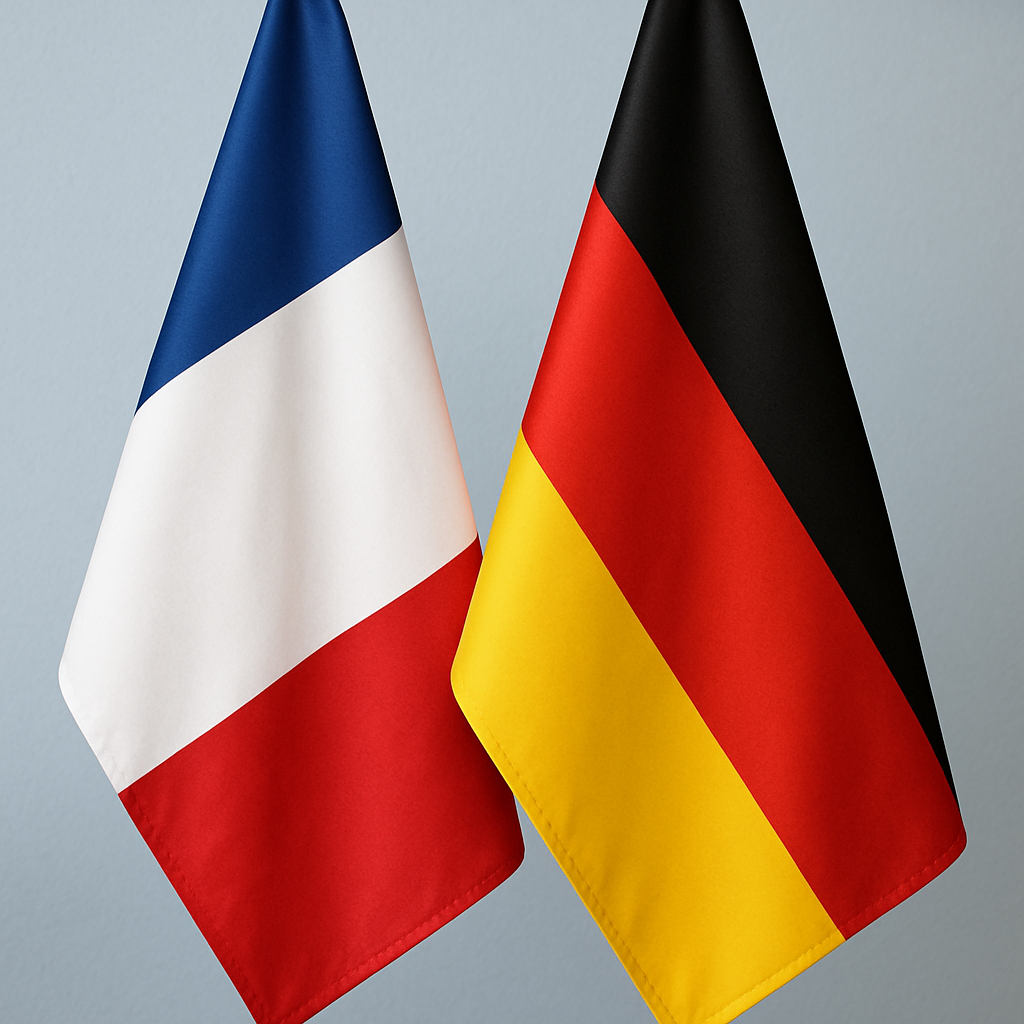Despite everything, Franco-German relations and the enlarged Union remain a driving force
Through an analysis of two themes (security and defence, economic and monetary governance), the author predicts that France and Germany will maintain their influence if they integrate other states into their initiatives.

What will be the driving forces behind the European Union in the years to come?
The plural is essential here, because in a structure such as the European Union, leadership by a single player is inconceivable. The question is a difficult one: the simple situation of the first three decades of European integration – a Franco-German duo that was difficult to bypass, with the Commission acting as a recognised institutional arbiter – has now been replaced by a much more complex landscape. There are many candidates for the title. The role of the Commission is often questioned in a more or less veiled manner, and the heterogeneity of national preferences makes the balance within the European Council more uncertain. There is no shortage of recent examples – from the Iraq crisis to the appointment of the Commission president – showing that France and Germany cannot expect their partners to automatically support their initiatives.
And yet it would be difficult to find a convergence of ideas or interests that offers a degree of stability and symbolic strength comparable to that of the Franco-German partnership. However, it remains to be seen under what conditions the latter can regain its former effectiveness.
This is precisely the subject of Martin Koopmann’s study, which looks back at two particularly significant issues: cooperation on security and defence, and proposals on economic and monetary governance, areas in which France and Germany have played a significant role in the past and whose importance for the future is obvious.
The author draws several lessons from the successes and failures of the last two years that are worth considering. The first relates to the need to take into account the basic facts of contemporary Europe: the influence of France and Germany will be all the greater if these two countries systematically seek to involve other partners in their initiatives. The second concerns the organisation of Franco-German cooperation, which must not simply be the responsibility of the specialised structures set up within these two countries, but must instead influence the major European policy choices of both governments. If these conditions are met, we can assume that the Franco-German ‘engine’ still has a bright future ahead of it, provided that it manages to define projects that take into account, as in the past, the interests of the Union as a whole.




